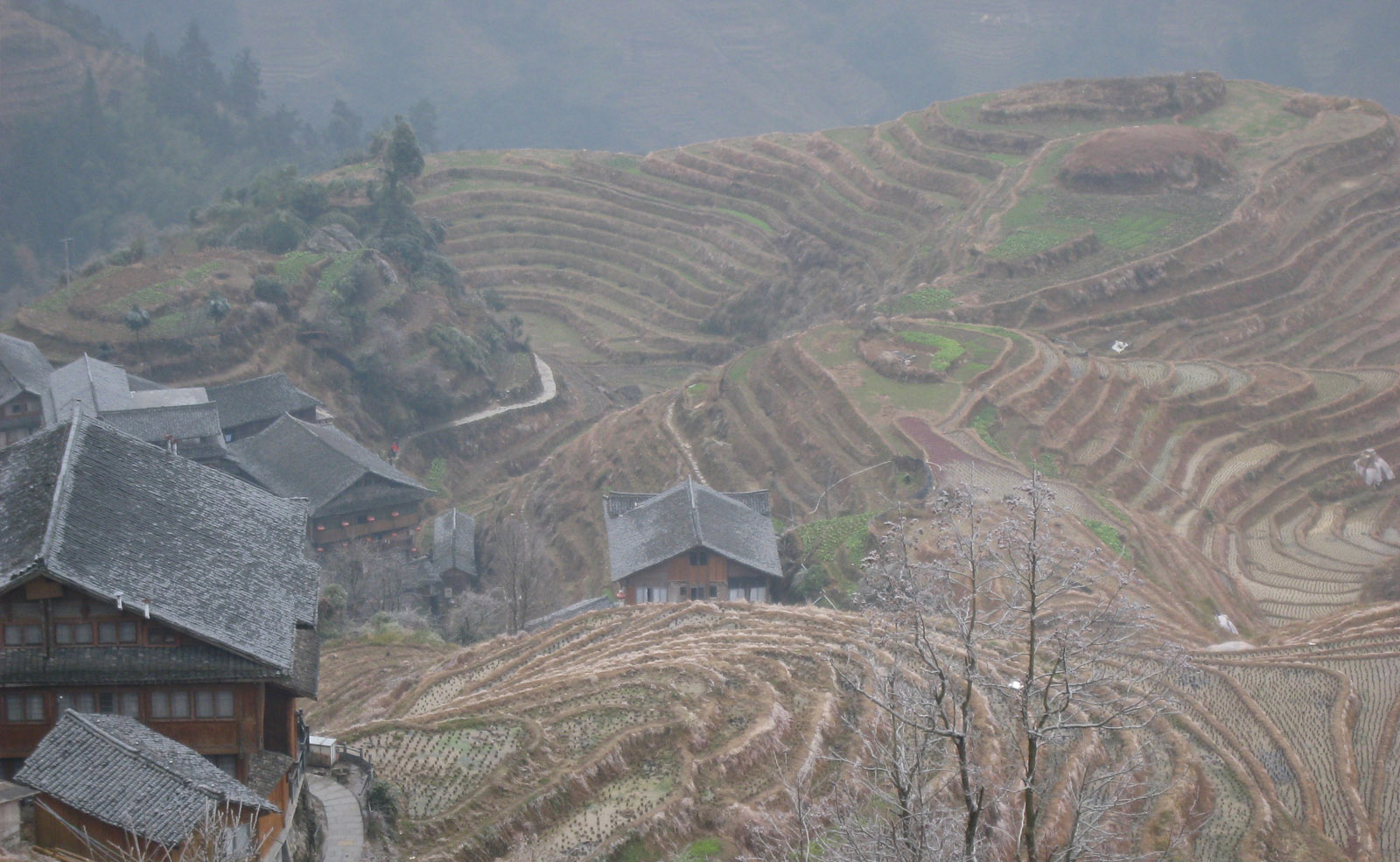The basic task of water resources management is fairly straightforward in conceptual terms: to balance the water accounts between man and the biosphere so that the human needs are met with minimal harmful effects to the biosphere as well as to other human beings. But since water is involved in so many functions of the biosphere and human needs are equally many-sided and conflicting, the task in practice is quite complicated. Human activities have disturbed the hydrologic cycle in massive ways in the past, but never as much as today. Where we are now is, most likely, just an overture to what will follow in coming decades.
To address this complexity, the dominant paradigm in the field has, since the World Summit on Sustainable Development in 2002, been Integrated Water Resources Management (IWRM). This concept strives towards sustainable development of water, and entails three equally important aspects of water management – environment, economics and social issues.
The point of departure in this study is the consistent observation from our previous studies of water management in Asia that far too little attention is paid to the ‘human’, or ‘softer’ side of IWRM, by which we mean the social, cultural, institutional and political aspects related to water. While the so-called harder side of water management –including e.g. hydrology, water quality and land use planning– is usually relatively well covered and understood, the softer side remains much less studied. Yet, the softer side creates a natural bridge between water and people and their livelihoods, and thus connects water management with sustainable development, food security and, ultimately, poverty reduction.
This project looks critically at the IWRM and its implementation in large Asian river basins, with a specific focus on Ganges, Brahmaputra and Mekong Basins. All these basins are important transboundary river basins shared with several countries, support diversity of ecosystems and provide source of livelihoods for millions of people.
The objectives of this project are: 1) to analyse critically the IWRM and particularly its social, political and institutional aspects, 2) to recognise major bottlenecks for successful implementation of IWRM and related planning processes, and 3) to provide recommendations for good practices for the implementation of integrated water management.
Active: 2010 – 2013
Output: The outputs from the research theme include different publications ranging from conference papers to journal articles. So far (30.8.2013) 16 journal articles have been published based on (fully or partly) to the research results achieved during the project.
Some of the key articles are listed below: for more information on all 16 publications, see our Publications page.
- Keskinen, M., Kummu, M., Käkönen, M. & Varis, O. 2012. Mekong at the crossroads: next steps for impact assessment of large dams. Synopsis. Ambio, 41(3): 319-324. doi: 10.1007/s13280-012-0261-x
- Keskinen, M. & Varis, O. 2012. Institutional cooperation at a basin level: For what, by whom? Lessons learned from Cambodia’s Tonle Sap Lake. Special Issue for Rio+20, Natural Resources Forum, 36(1): 50-60. doi: 10.1111/j.1477-8947.2012.01445.x [pdf]
- Keskinen, M., Kummu, M., Käkönen, M. & Varis, O. 2012. Mekong at the Crossroads: Alternative Paths of Water Development and Impact Assessment, In: Ojendal, J., Hansson, S. & Hellberg, S. (Eds.): Politics and Development in a Transboundary Watershed – the Case of the Lower Mekong Basin, Springer. [pdf]
- Lauri, H., de Moel, H., Ward, P.J., Räsänen, T.A., Keskinen, M. and Kummu, M. 2012. Future changes in Mekong River hydrology: impact of climate change and reservoir operation on discharge. Hydrology and Earth System Sciences 16(12): 4603-4619. doi: 10.5194/hess-16-4603-2012 [pdf]
- Rahaman, M.M. 2013. Istanbul World Water Forum’s Ministerial Declaration (2009): A positive shift of global water policy recommendations towards sustainability, International Journal of Sustainable Society, Vol. 5, No. 2, pp.114-132. DOI: 10.1504/IJSSOC.2013.052911
- Rahaman, M.M. (2012) Principles of Transboundary Water Resources Management and Water-related Agreements in Central Asia: An Analysis, International Journal of Water Resources Development, Vol. 28, No. 3, pp. 475-491. DOI:10.1080/07900627.2012.684311
- Salmivaara A., Kummu M., Keskinen M. & Varis O. 2013. Using Global Datasets to Create Environmental Profiles for Data-poor Regions: a case from the Irrawaddy and Salween River Basins. Environmental Management (2013) 51:897-911. doi: 10.1007/s00267-013-0016-x
- Rahaman, M.M. (2012) Hydropower Ambitions of South Asian Nations and China: Ganges and Brahmaputra Rivers Basins, International Journal of Sustainable Society, Vol. 4, Nos. 1/2, pp. 131-157. DOI: 10.1504/IJSSOC.2012.044670
- Rahaman, M.M. (2012) Water Wars in 21st Century: Speculation or Reality?, International Journal of Sustainable Society, Vol. 4, Nos. 1/2, pp. 3-10. DOI:10.1504/IJSSOC.2012.044658
- Varis O., Rahaman, M.M. & Kajander, T. (2012) Fully Connected Bayesian Belief Networks: The Modelling Procedure with a Case Study of the Ganges River Basin, Integrated Environmental Assessment and Management, Vol. 8, No. 3, pp. 491-502. DOI: 10.1002/ieam.222
This Academy of Finland -funded project has also contributed to our other on-going research activities, including Exploring Tonle Sap Futures study and the publications published as part of that study.
Funding: Academy of Finland
Researchers: Marko Keskinen, Mizanur Rahaman, Olli Varis (firstname.lastname@aalto.fi).
In addition, the project benefits from the research activities of other researchers from our Water & Development Research Group, including Matti Kummu, Aura Salmivaara, Mirja Kattelus, Timo Räsänen, Suvi Sojamo and Juho Haapala.






